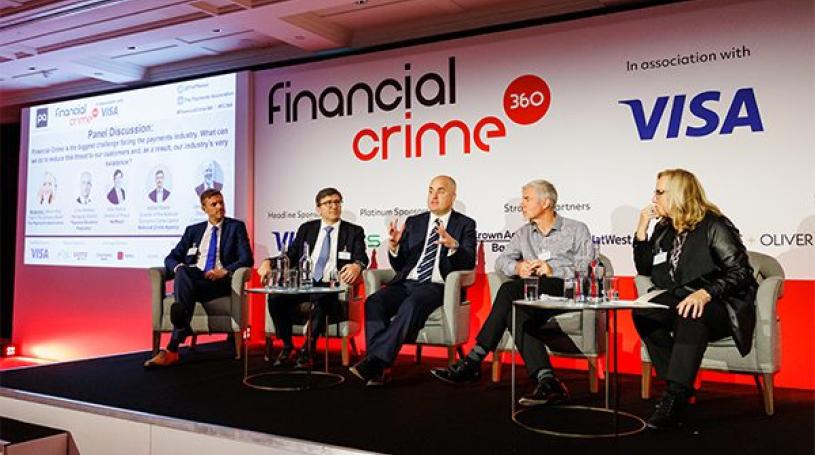Regulators needs to look again at how GDPR functions
January 16, 2023
The General Data Protection Regulation (GDPR) needs to be reviewed to allow legitimate data tracking and sharing to tackle financial crime, say industry experts.Regulation is one of the biggest barriers to effectively deal with financial crime, according to several industry professionals speaking at the Financial Crime 360 conference (FC360) – held on 22 November at the Royal Lancaster Hotel in London. Other issues include a lack of understanding of what tools, systems and procedures each company uses to analyse and address financial crime, as well as an absence of general coordination and communication.
Simon Miller, director of policy and communications at Stop Scams UK, believes there is “a really good legitimate reason for governments and other policymakers to look again at how GDPR functions”, focusing on the facts of data protection, digital information and when and where firms can share data.
Olivier Morlet, regional head of financial crime at HSBC, agreed that although regulation is good for data protection and protecting us, it needs the flexibility to share more information in appropriate circumstances. “The goal now is to = somehow revisit the regulation,” he says.
What the consumer looks like
There are three main factors where data sharing is the most important, according to Matthew Wilson, director of sales at Ekata. The first is personal identifiable information, but that comes with a lot of risks and requires consumer protections. However, if the right provisions were in place it could work. The second is biometrics and the capability of devices now available in the market. Finally, payment instruments, such as online transactions, which involves providing payment information very regularly. Being able to properly use a combination of all three, as well as digital identity, can offer a strong picture of what a consumer could look like. However, there is agreement among many that ID verification is not enough and there needs to be a better understanding of how a consumer conducts activities to verify them. Many believe that allowing this information to be effectively tracked and shared is important. Wilson believes the financial services sector is in a unique position where better data sharing rules could work well because it is a highly regulated sector and there is due diligence and legitimate interest to tackle fraud and financial crime. “A lot of data can be shared. But of course, with the kind of provisions that need to be in place to protect that data,” he says.

